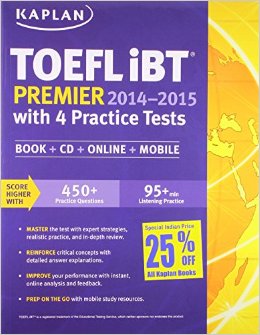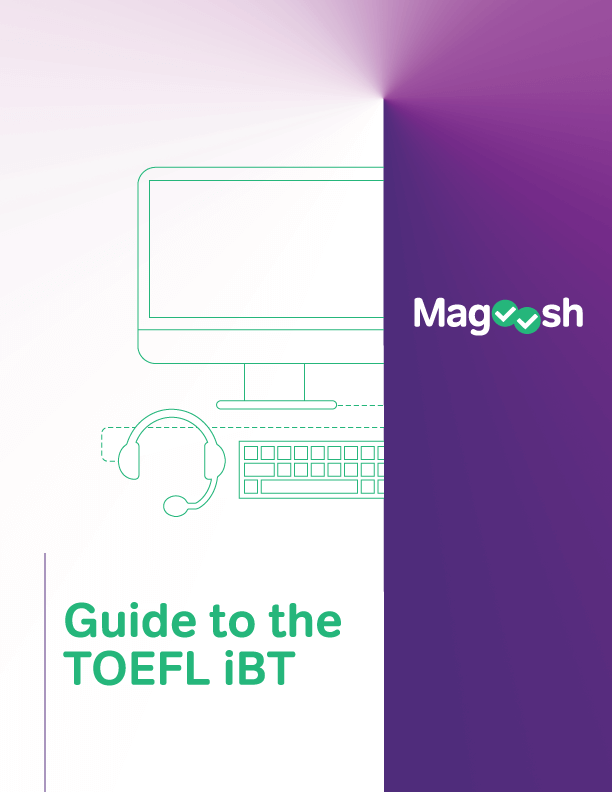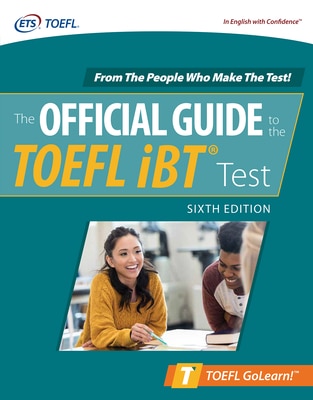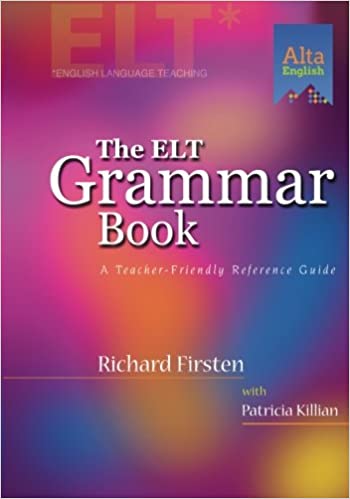(NOTE: The TOEFL books that Magoosh reviews and recommends reflect the older, pre-August 2019 version of the test. As of this writing, there are no TOEFL prep books that reflect the newest version of the test. Fortunately, older-format books are still very useful in prepping for the current TOEFL. For details on this, see Magoosh’s tutorial on using older prep for the 2019 TOEFL.)
 The first 20 minutes I spent with Kaplan’s book were great. Yes, I found a few mistakes, but mostly I was excited to have a book that describes realistic, good test strategy. And I knew it wasn’t just the book—you get access to online material, too. But three days later, I was really, really disappointed. To say it simply, this book isn’t for students.
The first 20 minutes I spent with Kaplan’s book were great. Yes, I found a few mistakes, but mostly I was excited to have a book that describes realistic, good test strategy. And I knew it wasn’t just the book—you get access to online material, too. But three days later, I was really, really disappointed. To say it simply, this book isn’t for students.
Test Strategy and Advice
Let’s start with the good part of the book.
If you follow all of the advice in this book, you will answer the questions on the TOEFL effectively. I agreed strongly with almost every sentence I read. The author gives realistic descriptions and advice. For example, vocabulary questions in the reading section are mostly just a test of whether you know the word. Context can help sometimes, but that’s not the main point. Many books don’t recognize that, but Kaplan’s book does.
Another point that many other books miss is how detailed notes should be. You simply cannot take very detailed notes. If you do, you won’t be able to listen at the same time. Kaplan recognizes that and tells you the truth: take notes, but focus on listening, not writing. I was very happy to see that. And there’s a lot more good strategy—it’s very rare that this book gives bad strategy. There is some misinformation, though. The author recommends knowing scientific facts like the periodic table, but that’s a waste of time. You won’t need that on your TOEFL.
Besides that, some of the wrong answer types (The book calls them “distractors”) are more like GRE, SAT, or GMAT questions. That is, they are wrong because of logic tricks, not language tricks. That’s misleading, but being careful about the logic of answer choices will never hurt you; it’s just not very important. And because the most of the strategy is realistic and helpful, I can forgive some inaccuracies.
There is only one serious problem with the test strategy in this book. The language isn’t friendly. It’s a bit too advanced for some students to read comfortably and understand everything. That might be good reading practice, a challenge, but the book should communicate to everybody, not just be practice. And it’s not only that: there is a lot of text and description in that advanced English. It will be boring and difficult for many students to read.
In other words, it’s not good for learning to use the strategies, only learning about the strategies. This makes the book better for new teachers rather than students. And even for teachers, it’s not great. The organization of the book is very strange and hard to follow. For instance, here are two strategies from the writing chapter:
- Strategy #5: Know the correct grammar for the verb prefer
- Strategy #6: Decide if the question asks for an opinion or a preference
(I should mention that neither of these are actually strategies. That’s just what Kaplan calls them). The first is a very specific grammar point about one word. The second, on the other hand, is about the type of essay you’ll write. Why are these next to each other? How do I know what’s more important?
Even for a teacher, it might be difficult to see the important parts since there’s so little organization.
Skill Practice
The best TOEFL books will include practice very similar to the real test, and then something more: they’ll also include exercises for practicing specific skills, like connecting two ideas into one sentence or taking shorter notes. Cambridge is a good example of a book that does this. And even if there are not many skill-building exercises separate from sample TOEFL questions, it’s possible to make questions that look like the TOEFL but also help with those skills, like The Complete Guide does.
But Kaplan has none of that. There is only description of strategy in text and some sample TOEFL questions. There is no skill-building practice in the middle.
TOEFL Practice Material
If there is no skill-building practice, the book must have a lot of TOEFL-like practice, right? Well, no, actually. I said in my post about the Princeton Review’s book that it’s strange to put “1 practice test” on the cover like it’s a good thing—most books have more than than one practice test—but at least Princeton Review was honest.
The cover of Kaplan’s book says there are 4 practice tests. In fact, there are no full practice tests in the book—you have to go online. If you don’t have internet access, you get 0 practice tests.
And once you create an account on the Kaplan website to get your four practice tests, there’s actually only one. At the moment, practice tests 2, 3, and 4 are all “coming soon.” That’s not just a lie; it’s mean. You pay for four practice tests, and they give you one.
But it gets worse.
The one practice test they give you is full of mistakes. On the first question, the first page of the test I counted two errors. After twenty minutes, I had seen at least ten. The software is terrible, too. It freezes, the audio skips, recordings are numbered as “questions,” the clock isn’t the same as the real test, you can’t record your speech, the listening recordings are in the wrong order, and there are no instruction pages similar to those on the real TOEFL.
But that’s just the online part. What about the book? It’s better there, but there are still problems. Practice reading passages are often more similar to opinion news articles than they are to real TOEFL texts—you won’t see many strong opinions in your TOEFL reading. The questions are poorly made, too. They almost never give a paragraph number like the real TOEFL does. That means you spend a long time searching for the information in the text and waste time. This is especially noticeable on “EXCEPT” questions, which ask you to identify something that’s not in the passage. In Kaplan’s examples, you need to search through the whole 700-word text four times to answer the question. In a real TOEFL question, you almost always search through a single paragraph or sentence.
Wrong answers too often include information that’s not in a listening or reading. They’re logical traps, as I mentioned above, not language traps. If you actually read all the words or hear all of the recording, you can cross them off even if you don’t understand them well. Again, that’s different from the real test.
And finally, the recordings are poorly made. The actors are clearly reading from scripts and are very bad at acting. They stress the wrong words, pause at times when there should be no pauses, speak too quickly, and don’t hesitate enough.
There are some good questions in this book (and maybe somewhere in the online material, too), but they’re surrounded by problems and mistakes.
Explanations
Even a little bit of practice material can be helpful if it’s well made and gives good, clear explanations. In the reading and listening sections, those explanations are done well. Sometimes the questions aren’t well made, yes, but those that are well made also have full explanations, and that’s great.
But what about speaking and writing? Well, there are no sample speaking responses and only four sample essays in the book. Those essays aren’t graded and don’t show different levels—only what an ideal essay looks like.
A very good TOEFL book would have more samples for both speaking and writing, so you would know what to imitate and how to grade your own responses. This isn’t the worst part of the book, but it doesn’t help much.
Report Card:
Authenticity of practice material: C
Amount of practice material: D
Quality of explanations: C
Skill building material: F
Test strategy and advice: A-
The Final Word
I would never recommend this book to a student. If you’re a new TOEFL teacher, there are some good points that you should know so you can teach them to your students (and actually guide those students, not just tell them). But for now, that’s it. When Kaplan fixes their online material, it might be better, but right now this book is not a good idea to buy.






Leave a Reply